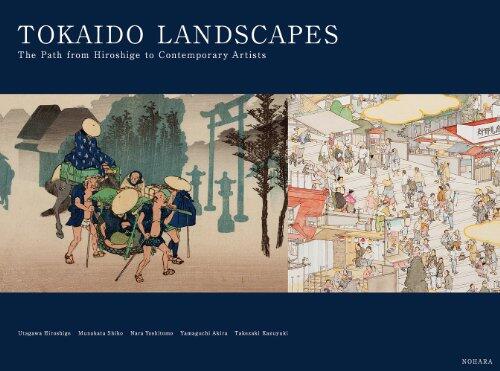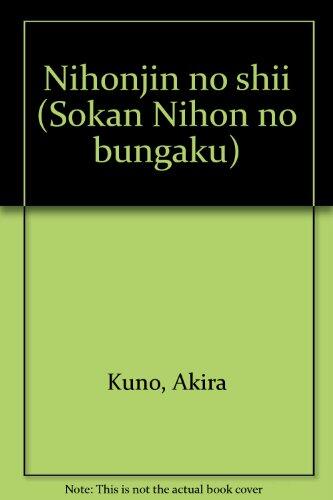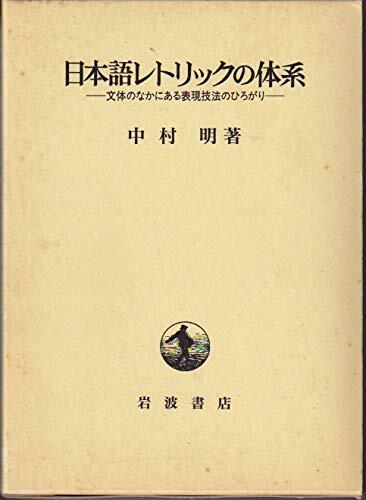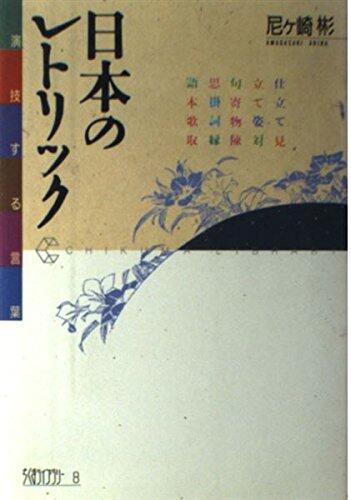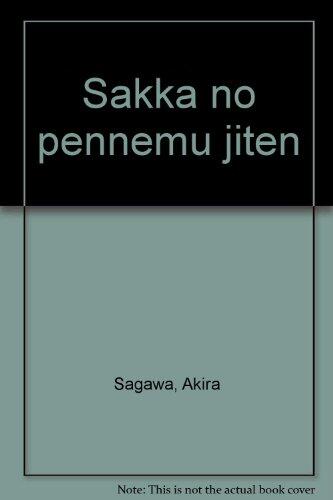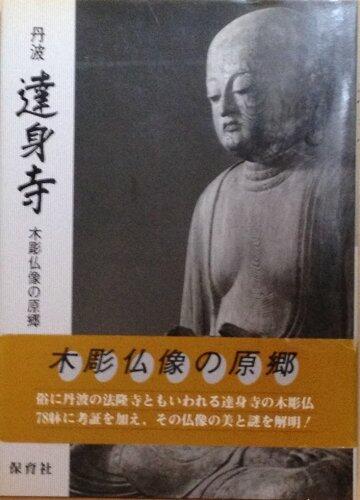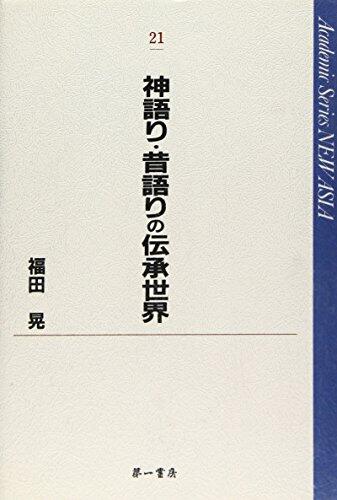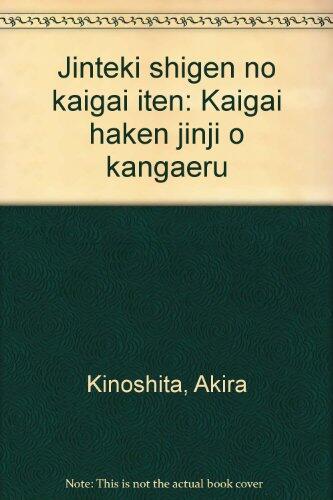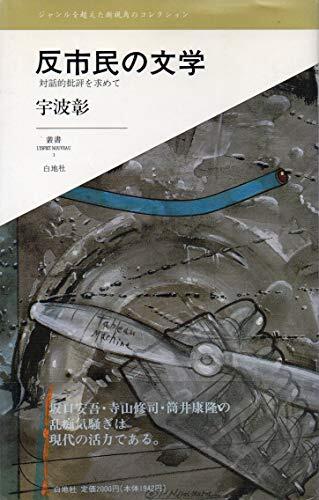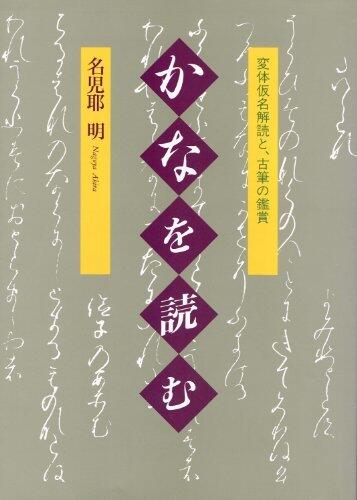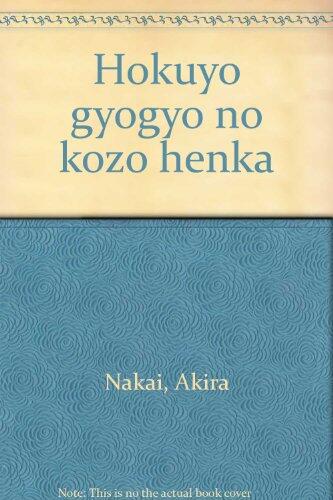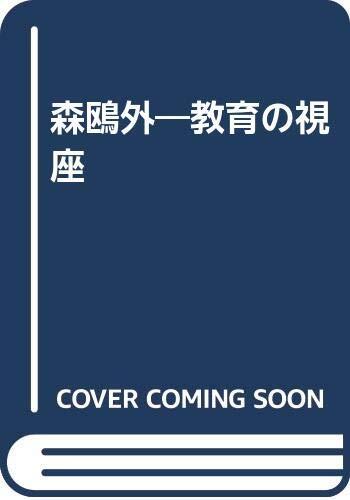
Mori Ōgai, kyōiku no shiza
بواسطة
Akira Yabe
لا توجد تقييمات بعد
Manga
تنسيق
غلاف صلب
صفحات
342
لغة
ياباني
منشور
Jan 1, 1991
الناشر
Kindai Bungeisha
رقم ISBN-10
4773310219
رقم ISBN-13
9784773310214
الوصف
Akira Yabe delves into the intricate world of Mori Ōgai, a pivotal figure in Japanese literature, exploring the profound impact his works have had on education and cultural discourse. The book offers a comprehensive analysis of Ōgai's contributions, particularly how his literary genius intertwined with the educational landscape of Japan. Yabe's examination reveals the nuanced relationship between literature and educational theory during a transformative period in Japanese history.
The narrative unfolds with a rich exploration of Ōgai's life, highlighting the historical and societal contexts that influenced his writing. Through meticulously gathered bibliographical references, Yabe presents a well-rounded portrait of Ōgai not only as a writer but also as a thinker whose ideas continue to resonate in contemporary discussions about literature and pedagogy.
Readers will find themselves drawn into a thoughtful consideration of the role of literature in shaping moral and intellectual values within society. Yabe's analysis encourages contemplation on how Ōgai's ideas can inform modern educational practices, making it a valuable resource for both literary enthusiasts and educators alike.
Overall, this work serves as a bridge connecting the past and present, reflecting on the enduring legacy of Mori Ōgai and the relevance of his thoughts in today’s rapidly evolving educational environment.
The narrative unfolds with a rich exploration of Ōgai's life, highlighting the historical and societal contexts that influenced his writing. Through meticulously gathered bibliographical references, Yabe presents a well-rounded portrait of Ōgai not only as a writer but also as a thinker whose ideas continue to resonate in contemporary discussions about literature and pedagogy.
Readers will find themselves drawn into a thoughtful consideration of the role of literature in shaping moral and intellectual values within society. Yabe's analysis encourages contemplation on how Ōgai's ideas can inform modern educational practices, making it a valuable resource for both literary enthusiasts and educators alike.
Overall, this work serves as a bridge connecting the past and present, reflecting on the enduring legacy of Mori Ōgai and the relevance of his thoughts in today’s rapidly evolving educational environment.
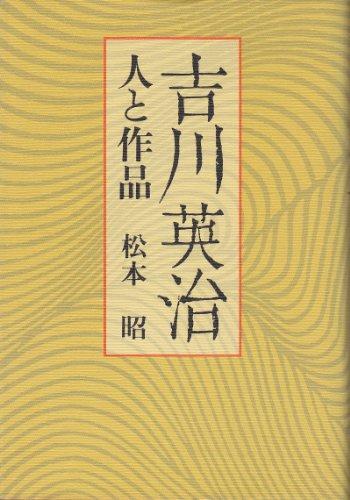
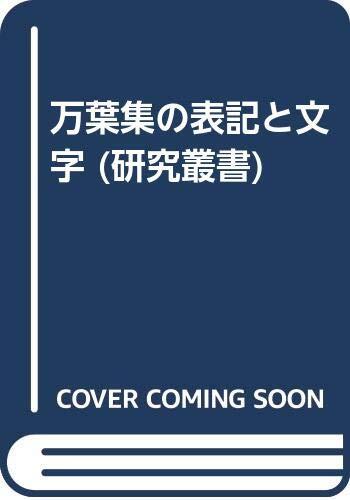

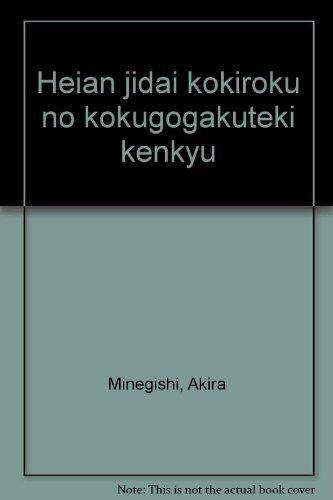
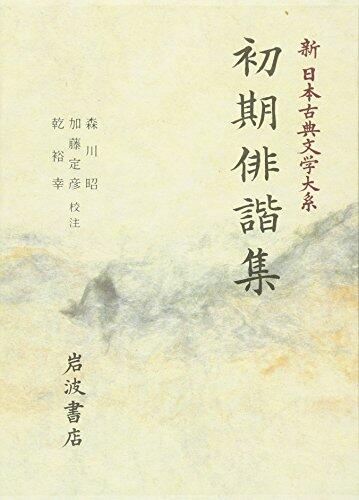
![Oishinbo (1) (Big Comics) (1985) ISBN: 4091807518 [Japanese Import]](https://images.bookpine.com/01429a94-68c5-47d6-b583-ff17ac54f379.jpg)
![Second edition with DVD Daijisen (2012) ISBN: 4095012137 [Japanese Import]](https://images.bookpine.com/2c81147b-56e6-4559-8a0a-9c2e2b303381.jpg)
